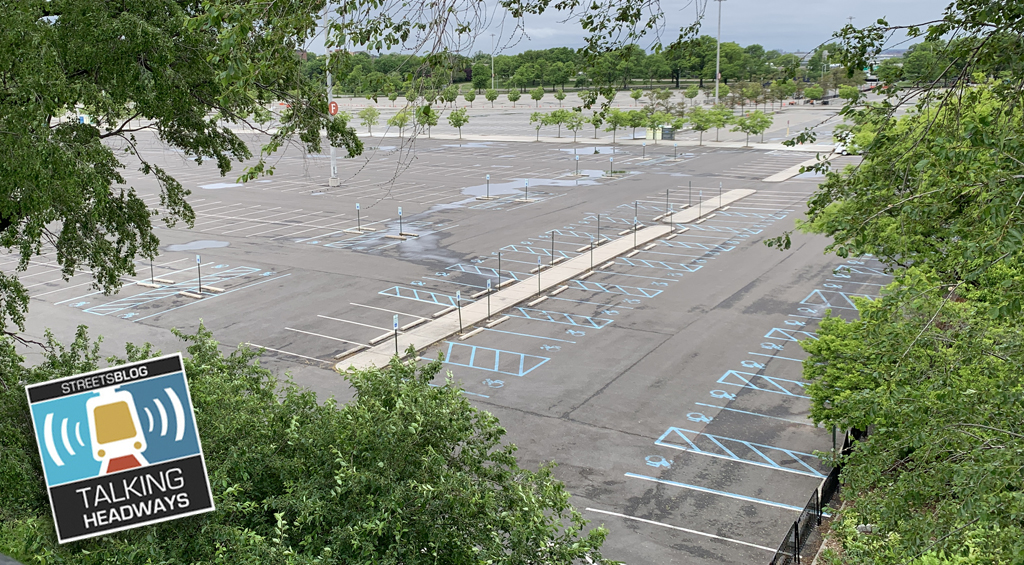Many a good concession has been won from developers through a good old-fashioned tussle with the local planning commission: energy efficiency standards, for instance, or even something as basic as sidewalks. Sometimes, however, such requirements may have unintended consequences, especially when they fall only on developers of multi-family housing. Does singling out these convenient targets ultimately undermine the values of density and walkability?
An interesting case is outlined by Plan Philly. An advocacy group for disabled people in Philadelphia is promoting the value of "visitability" -- homes that have wheelchair accessible first-floor half-bathrooms and at least one entrance without stairs. The Philadelphia Visitability Task Force helped impose a requirement that all homes built by the city's Housing Trust Fund must meet this standard of accessibility. The group is also pushing for a law that would require any city housing developments of 10 units or more to design for visitability in at least half the units.
The value of accessibility for the disabled is unquestionable, particularly as the population ages. But Stephen Smith at Network blog Market Urbanism wonders whether the proposed zoning change will have the unintended consequence of penalizing multi-family development:
Many burdens – some inscribed in law, but many wrung out in ad hoc negotiations between developers and local governments – are levied only on developers of more than a few units, which almost by definition includes everyone who builds dense housing. In some cases the cut-off is necessary due to the nature of concessions (what do affordable housing mandates mean to someone building a single house for themselves?), but this is definitely not the case here. If this is such a great idea, then why not enact it across the board?
The reason is obviously that it’s easier to foist restrictions on developers, who only have one vote each, than it is to go after the mighty suburban bloc. And while few voters know much about what they’re voting for anyway, the number of apartment-dwellers who see their interests as aligned with those of developers and their landlords is smaller still.
In fairness, Plan Philly reports that the Visitability Task Force's goal is to impose their requirements on all new homes built within the city. The group seems to be taking an incremental approach to that goal.
The Philadelphia Building Industry Association has been fighting the restrictions, which they say cost as much as an additional $10,000 per unit. That cost, when passed on to homeowners, might induce potential buyers to purchase homes outside the city, association officials have argued.
Elsewhere on the Network today: Boston Biker introduces a local crash map. MARTA Rocks! asks whether a negative opinion piece on transit could influence ridership. And Extraordinary Observations wonders how car-centric Dallas will change when DART's new Green Line opens this weekend.






